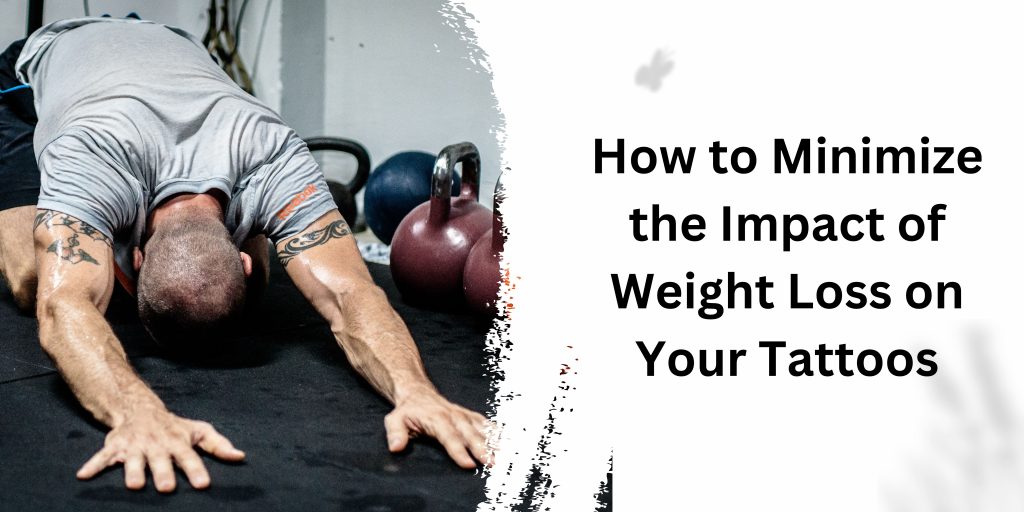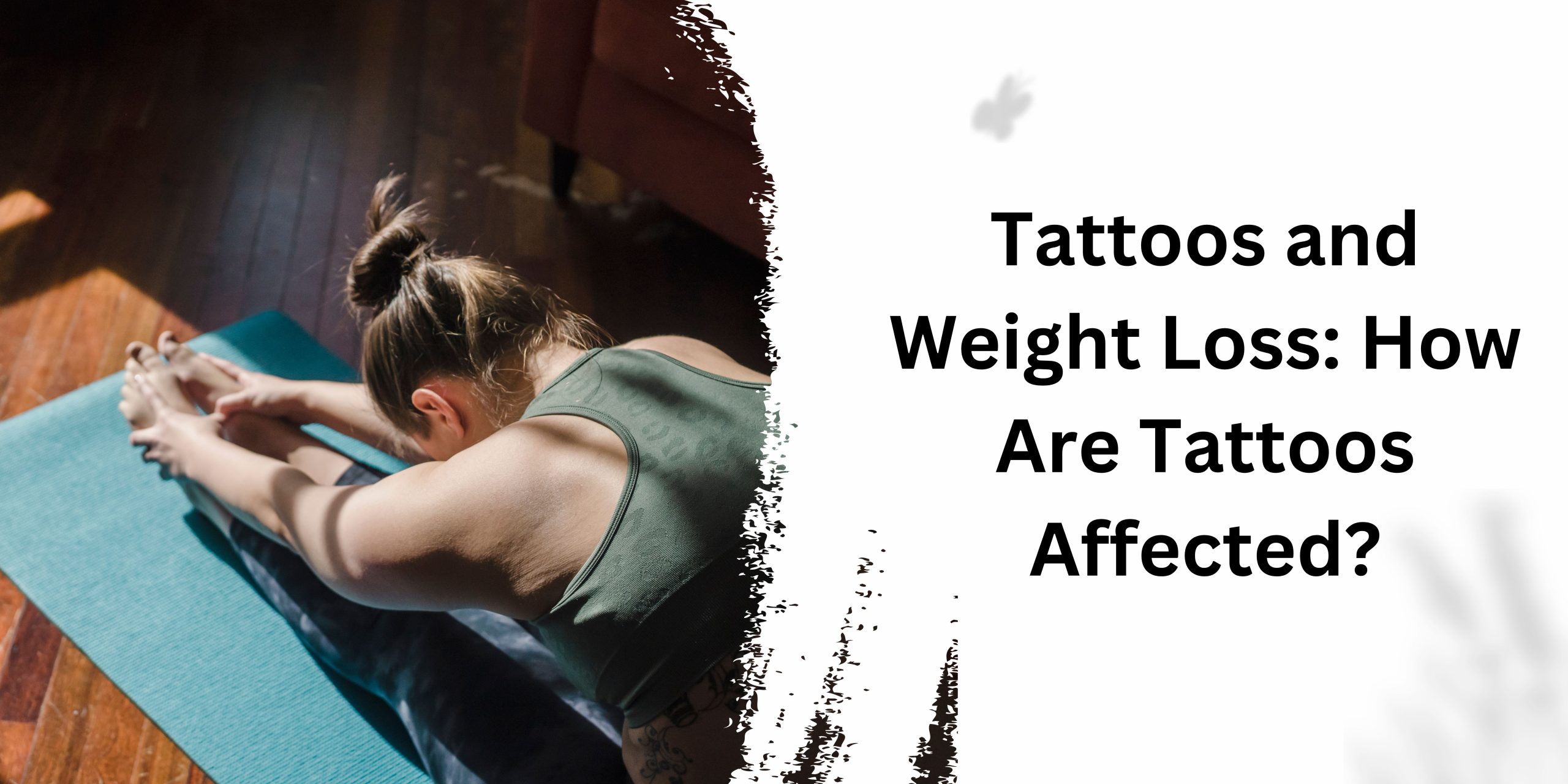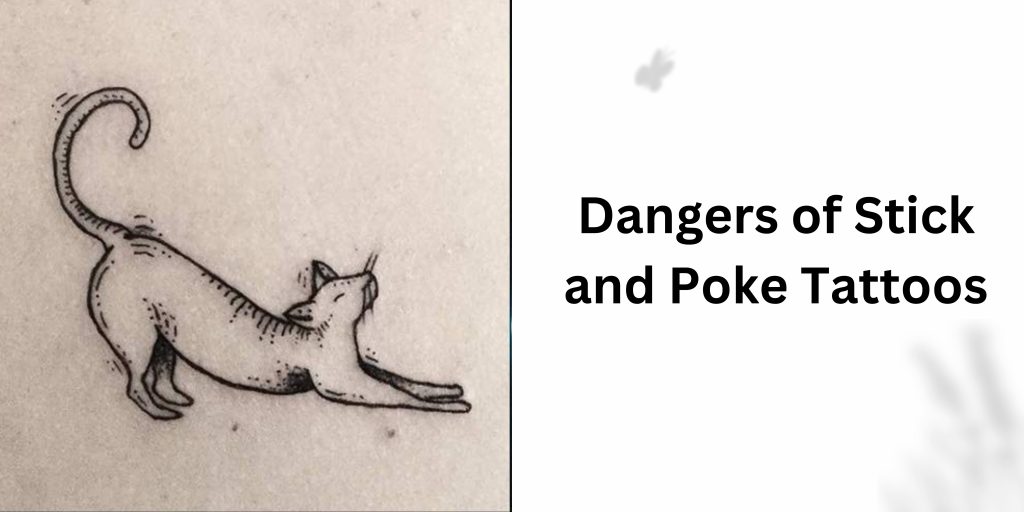Tattoos have become a mainstream form of self-expression, telling stories etched onto our skin. However, as much as we love our ink, there’s a question that often looms large: “How are tattoos affected by weight loss?” Let’s embark on a journey to unravel the intricacies of this unique relationship and explore ways to minimize the impact on our cherished body art.
Understanding How Are Tattoos Affected By Weight Loss
Weight loss is a transformative journey, both physically and mentally. As you shed those pounds and redefine your body, your skin undergoes changes that can affect your tattoos. Understanding the dynamics of this process is crucial for tattoo enthusiasts.
1. Skin Elasticity
When you lose a significant amount of weight, your skin changes elasticity. The once-stretched canvas begins to tighten, which can have a direct impact on your tattoos. If the skin contracts unevenly, it may distort the original design, leading to a warped appearance.
2. Fading and Distortion
Weight loss can cause tattoos to fade over time. This occurs due to the breakdown of collagen, a protein responsible for skin elasticity. Collagen loss can result in the blurring and distortion of tattoo lines and colours, robbing them of their initial vibrancy.
3. Location Matters
The location of your tattoo on your body plays a crucial role in its vulnerability to weight fluctuations. Tattoos on areas with more significant fat deposits may be more resistant to distortion, while those on areas with less subcutaneous fat, like the ankles or wrists, are more prone to changes.
4. Pre-existing Skin Conditions
If you have pre-existing skin conditions such as stretch marks or scars, weight loss can exacerbate these issues and affect the appearance of your tattoos. It’s essential to be mindful of these factors, as they contribute to the overall impact on your ink.
5. Consultation with Tattoo Artists
Before embarking on a weight loss journey, consider consulting with your tattoo artist. Experienced artists can provide insights into potential challenges and suggest adjustments to the design that may mitigate the effects of weight loss.
Read More: How to care for hand and foot tattoos
How to Minimize the Impact of Weight Loss on Your Tattoos
Now that we’ve dissected the factors influencing tattoos during weight loss, let’s explore proactive steps you can take to minimize the impact and preserve the integrity of your body art.

1. Hydration: Nourishing Your Canvas
Keeping your skin hydrated is essential for maintaining its elasticity. Drink plenty of water, use moisturizers, and consider products with ingredients like shea butter and vitamin E to nourish your skin and mitigate the risk of fading.

2. Gradual Weight Loss: A Gentle Transformation
Rapid weight loss can amplify the challenges for your tattoos. Opt for a gradual and sustainable approach, allowing your skin to adapt more smoothly to the changes. This can reduce the likelihood of distortion and fading.
3. Strategic Tattoo Placement: Choosing Wisely
When planning a new tattoo, strategically choose areas with more subcutaneous fat, as these regions are less susceptible to drastic changes during weight loss. Consult with your tattoo artist to determine the best placement for long-term preservation.
4. Quality Tattoo Aftercare: The Healing Touch
Follow proper tattoo aftercare procedures to ensure optimal healing. This includes keeping your tattoo clean, avoiding excessive sun exposure, and refraining from picking at scabs. Well-maintained tattoos are better equipped to withstand the test of time and weight fluctuations.
5. Regular Check-ins with Your Tattoo Artist:
Maintain an open line of communication with your tattoo artist. Schedule periodic check-ins to assess the condition of your tattoos and discuss any changes you may be experiencing. Your artist can offer valuable insights and recommend touch-ups if necessary.
Read More: How Much to Tip a Tattoo Artist?
Summary
In the intricate dance between weight loss and tattoos, understanding the nuances is key to preserving your body art. Skin elasticity, fading, and strategic placement all play pivotal roles. By adopting proactive measures such as hydration, gradual weight loss, and regular check-ins with your tattoo artist, you can navigate this journey while minimizing the impact on your cherished ink.







